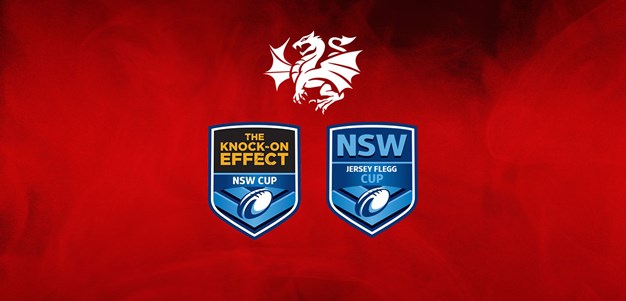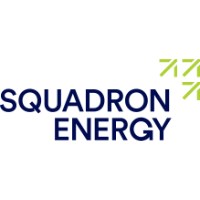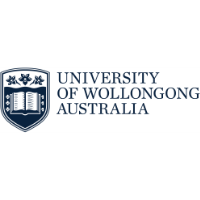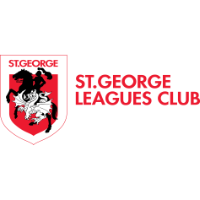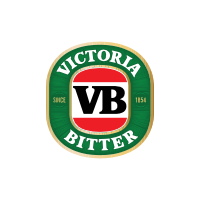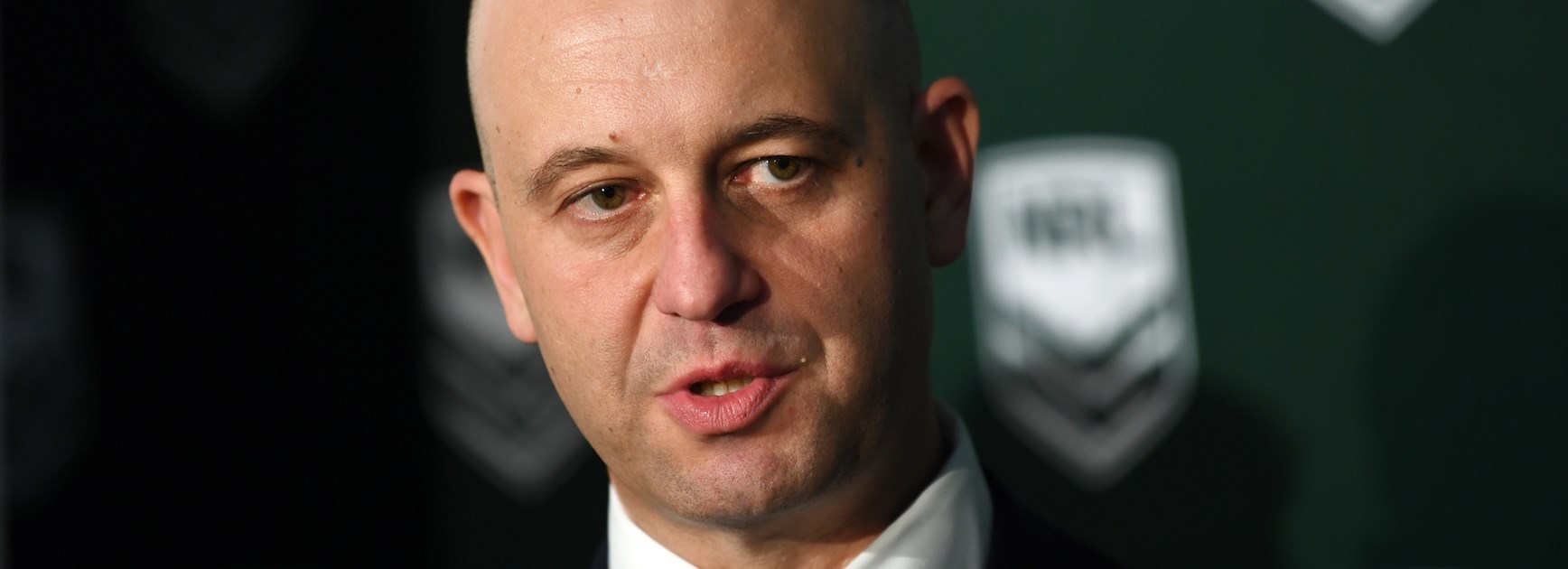
The NRL will refuse to register back-ended contracts from next year, while player transfer windows to coincide with State of Origin and the end of the season may be introduced by 2020.
NRL chief executive Todd Greenberg declared a ban on heavily back-ended contracts after a meeting of club bosses on Wednesday and also announced that a working party had been established to investigate the feasibility of a trade period for signing players.
Greenberg said clubs were in favour of ending the practice whereby players are paid below market value in the first year of their contracts and then receive an over-inflated amount in later years to manipulate the salary cap.
Canterbury officials have banned the practice after becoming hamstrung in their ability to recruit and retain players due to back-ended deals negotiated by the previous regime, while Manly, Parramatta and Penrith are other clubs to have had salary cap problems blamed on the practice.
Greenberg said the clubs had wanted the NRL to "help us help ourselves".
"In really broad terms what we are not going to allow is a contract to come on the table for $200,000 in the first year and $600,000 in the second year. We are just not going to allow that to happen anymore," Greenberg said.
"Historically we have left the decision up to clubs to manage their salary caps but there is a clear appetite from the clubs for us to put rules in place.
"There is a very small number of examples, albeit problematic ones, where clubs have got into trouble ... and that has hurt so there's a desire for us to get involved and ensure that doesn't happen again."
NRL to crack down on back-ended contracts
Greenberg said the NRL salary cap auditor would still register contracts in which a rising star was offered a significant increase in the value of his deal.
"We are not going to stop any player receiving what they are worth on the open market," Greenberg said. "But we have to stop clubs pushing payments to later years to reduce salary cap pressure in the short term.
"Our salary cap keeps the competition close and we want to ensure no club gets into salary cap problems because they have back-ended contracts."
He said there was also support for the introduction of trade periods to restrict when players could move clubs.
Under the NRL's current anti-tampering policy, players can negotiate with rival clubs from November 1 the year before their contract ends.
However, they would be able to move clubs immediately if they signed during a mid-season transfer window, which is likely to coincide with the stand-alone representative weekend.
"I think there is an opportunity mid-year, particularly around State of Origin. We could look at that as a mid-season window as well as an end-of-season trade window," Greenberg said.
Greenberg open to player trade windows
The NRL working party will study the transfer windows in other sports, including soccer and AFL, while discussions will need to take place with the Rugby League Players Association before any changes are made.
The RLPA is supportive of the proposal to ban back-ended contracts as players are unfairly targetted for the amount they receive in later seasons, despite having played for below their value at the start of the deal.
Recent examples include Bulldogs forward Greg Eastwood and Robbie Farah at Wests Tigers before leaving the club for South Sydney last year.
However, the RLPA is likely to need more convincing before agreeing to trade windows replacing the current player transfer model.
"Players are always open to considering new initiatives that will help improve the NRL Premiership, which the NRL and clubs are well aware of," RLPA chief executive Ian Prendergast said.
"The RLPA demonstrated this throughout the Collective Bargaining Agreement negotiations last year and even since, where we have agreed to balanced changes around the new NRL contract model.
"While we are open to discussing new concepts, we believe it is important to look at issues such as player movement in totality.
"We currently have one of the most balanced competitions in the world, which has driven huge interest in the NRL Premiership.
"The free labour market is something that past players and the Association have fought hard to establish.
"Together with the salary cap, it has served the game well in terms of providing players with a fundamental right to choose their employer and helping balance talent relatively evenly across the competition.
"Any changes to the player movement system would need to be evidence-based and consider the intended and unintended consequences of how they would work in practice, while ensuring the rights of players, key stakeholders and the competition are protected.
"There are a range of factors that will need to be looked at regarding player movement across the competition, such as improving the stability at clubs around coaching and football staff and ensuring clubs manage their salary caps responsibly.
"We look forward to working through this process with the NRL and clubs on behalf of players."


